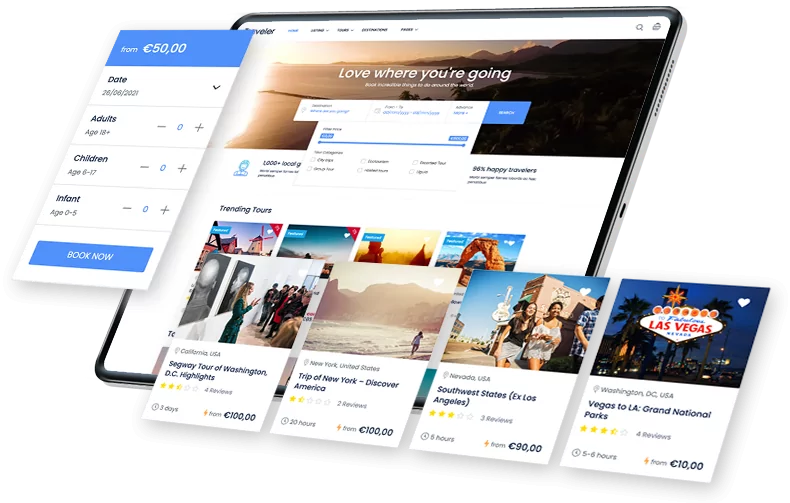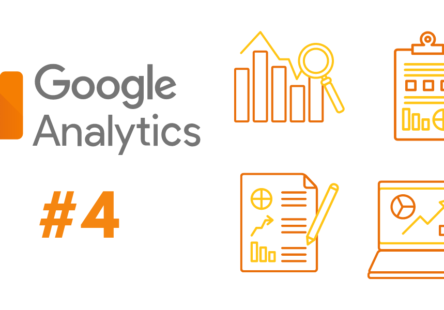[zoomsounds id=”14-things-salespeople-should-know-before-calling-a-prospect”]
In sales, there are no second chances. If you screw up a call, you don’t get a second at-bat: the damage has already been done, and whether you can turn things around is as much up to your clients as it is up to you.
So you have to be fully prepared for the call. Yes, you’re probably juggling dozens of clients and there’s a lot of information to keep between them, but do you think your clients care about that? (Hint: they don’t.)
Clients care about the following things: if you can help them, if you care about their problems as much as they do, and if the recommendations you make are feasible and implementable. They don’t care that it’s their fifth call of the day.
The following list represents the full spectrum of information you should know before calling or contacting a potential customer. Skip any of these points and you might just get by (the list is divided into what you should know and what is good to know).
14 things to know before you pick up the phone
What you should know:
1) The name of your client
I wish I didn’t have to say this. But if you have a high volume of clients, sometimes your calendar invites will get mixed up and you accidentally mistake Jessica at 3:30 for Jennifer at 4:00. You may not think it’s a big deal, but your customers will: Here’s one shopper’s take on what he thought when a sales rep called him the wrong name.
2) Your job title
This one is also a no-brainer. You should never ask a customer what they do when a simple LinkedIn search would give you the answer. Instead, ask them about their company’s organizational structure or what teams they work with to get a sense of how your prospect fits into the bigger picture.
3) Your company
Go beyond the company name. What does the business do? Who is on the executive team? What information can you find about revenue, number of customers, and number of employees? You won’t know everything, but a good rule of thumb is to avoid asking customers anything you could have easily figured out on your own.

4) Your social media profiles
Your prospect’s online presence provides essential context for any conversation. Be sure to check, at a minimum, their LinkedIn and Twitter to get a better idea of who they are as a person. Check out the LinkedIn groups they post to and the Twitter interactions they have to see if they brought up any business issues, asked questions relevant to your product, or simply mentioned information that might be helpful to you.
5) Your career path
It’s helpful to understand your prospect’s employment history to get an idea of whether they’ve made similar purchases of your product in the past, what experience they have in your industry, and whether they’re new to the industry. All of these factors will influence how much a potential customer can affect a purchase decision, how much education they will need to do, and how quickly a decision can be made.
6) Recent Company Announcements
Has your potential client’s company recently announced Series C financing? A fifth consecutive quarter of losses? A new line of products? You need to know if you are going to appear informed and up-to-date.

Five-Star Hotel Website
Do you need a redesign or a new website for your hotel?
A complete solution for the digitalization of hotels. Great UX/UI designers, experienced programmers and high emphasis on testing. If you are looking for a professional partner for your online presence, we are here for you. With direct sales we help you to reduce your booking costs!
7) Common connections
Check your prospect’s network for connections you have in common, whether they are former colleagues, current clients, or just mutual friends, a common connection can act as a referral, provide recognition at a hard-to-reach point of contact, or simply serve . as a relationship-building talking point.
8) Your previous interactions with your company
Always look in your company’s CRM or marketing automation system for a record of your company’s previous engagement with your prospect. What content have they watched or converted? Had they ever talked to a sales representative? Even if this is your first time talking to a potential customer, they may have a longstanding relationship with your brand, and it’s important to know if this is the case so you can include that context in your conversation.

What is good to know:
1) Recent announcements from competitors
Your client’s competitors will always be the most important thing to them. So while mentioning all the innovations your competition has announced in the last three weeks isn’t exactly the tone you want to set on a first call, you need to understand the prospect’s competitive landscape so you can speak intelligently about how your product can give them an opportunity. advantage.
2) Conferences and forums you have attended
Just like your prospect’s employment history, understanding how involved they are in your industry is important context that will shape your interactions with them. If you happen to have been to the same events, that’s also a great point to build rapport.
3) Your hobbies
If you and your client have a unique hobby or interest in common, feel free to mention it. While it obviously shouldn’t take up a significant part of your conversation, a shared interest is a good way to remind your prospect that they’re talking to a human being.
Bonus: What You Need to Know for Follow-Up Calls
1) What did you talk about on your last call?
Hopefully, once you’ve interacted with a lead, you’ll be taking notes of every interaction you have in your CRM. (If you haven’t been doing this, start now.) Before you talk to any potential client, always refer back to your past interactions so you know what you’ve already covered and update any important details you may have forgotten.

2) How this call will drive the sales process
Every call needs a purpose: your time (and your prospect’s time) is too valuable to waste on meaningless conversation. You should have a clear goal for each call and a predefined next step based on the information you collect during the call.
3) Your agenda for the call
Agenda setting is a vital skill. Your prospects know less than you do, so push the call forward without appearing bossy or controlling. That’s where agenda setting comes in: it allows you to define a logical flow for the call with your prospect’s buy-in.







